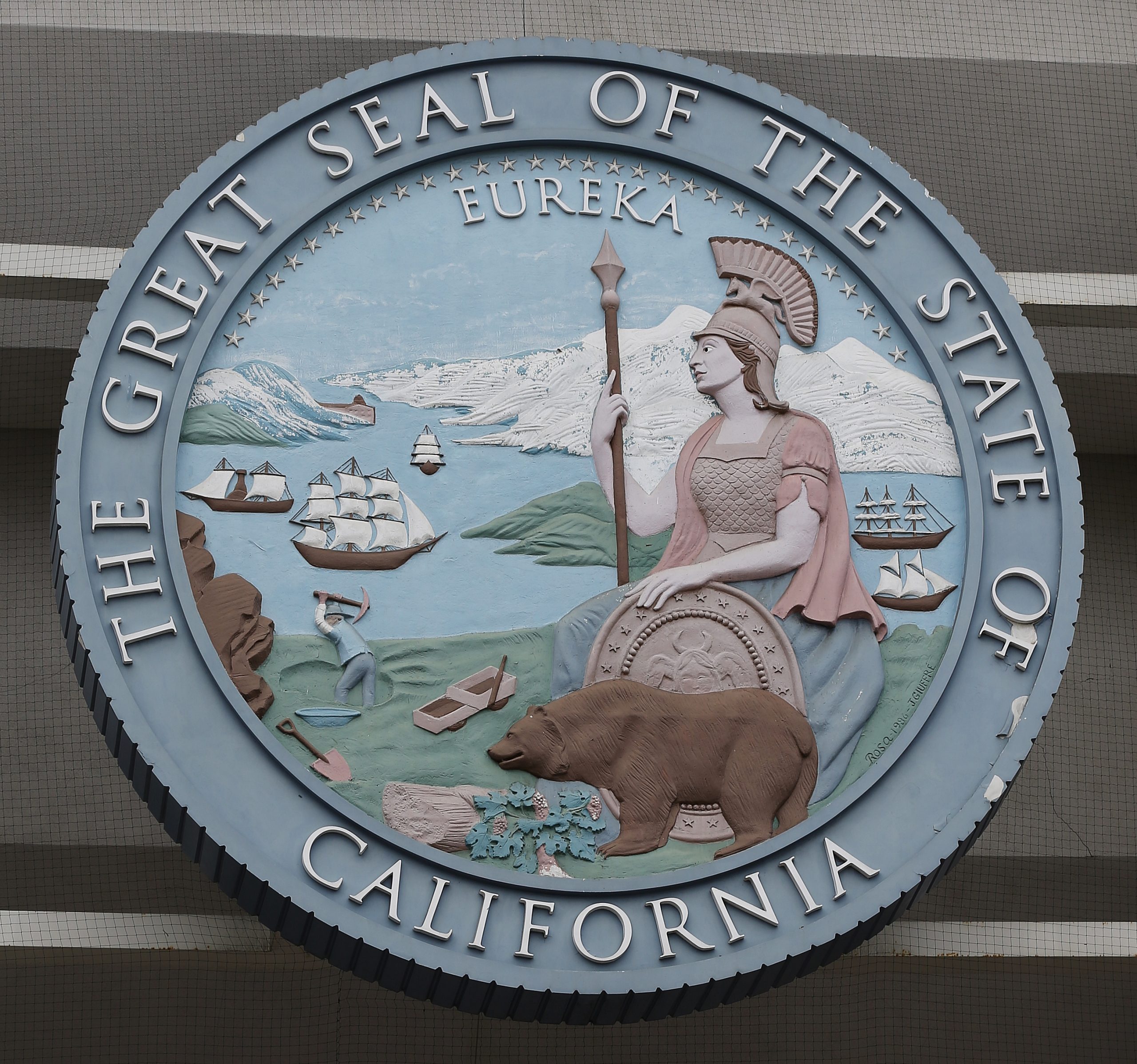California Gov. Gavin Newsom (D) signed Assembly Bill 421 (AB 421), which addresses the veto referendum process, on Sept. 8, 2023. AB 421 changes how veto referendums appear on the ballot, among other provisions. A veto referendum is a citizen-initiated ballot measure that asks voters whether to uphold or repeal an enacted law. For 2024, two veto referendums have qualified for the ballot so far.
Asm. Isaac Bryan (D-55) introduced AB 421 in Feb. 2023. The Senate voted 29-9 to pass the legislation, and the Assembly voted 55-17. In the Legislature, 99% of Democrats, minus absent members, supported the bill, and 100% of Republicans opposed the bill.
Before AB 421, when a veto referendum appeared on the ballot, voters could select “Yes” or “No”. A “Yes” vote had the effect of upholding a bill, and a “No” vote had the effect of repealing the bill. AB 421 replaced “Yes” and “No” with “Keep the law” and “Overturn the law,” respectively.
Citizens have the power to initiate veto referendums in 23 states.
- There are 21 that use “Yes” and “No” or “For” and “Against” for veto referendum ballot language.
- One—Nebraska—uses “Retain” and “Repeal.”
- And California will now use “Keep” and “Overturn.”
While most states use Yes/No or For/Against, there are differences regarding the effect of those words. “Yes” can mean “Uphold” or “Repeal,” depending on the state. In California, before AB 421, “Yes” meant “Uphold.” However, in three states—Alaska, Maine, and Wyoming—”Yes” means “Repeal.”
AB 421 also required the ballot title for veto referendums to be formatted as a question, rather than a statement. The question would be formatted as follows: “Should California keep or overturn a law passed in [year statute was enacted] [no more than 15 words stating the general subject or nature of the law]?”
Under AB 421, the voter information guide must present the top three funders of the petition drive to repeal the law. For 2024, the top three donors to the referendum on AB 257, which would establish a fast-food council to regulate wages and working conditions, are Chipotle, In-N-Out Burger, and Starbucks. The top three donors to the referendum on SB 1137, which would prohibit new oil and gas wells within 3,200 feet of homes, schools, nursing homes, and hospitals, are Sentinel Peak Resources CA LLC, Signal Hill Petroleum, Inc., and E&B Natural Resources.
The legislation also allows veto referendum proponents to withdraw their referendum before the election. In California, initiative proponents can withdraw qualified initiatives but referendum proponents could not prior to AB 421. Since 2014, when the withdrawal process was enacted, initiative proponents have withdrawn eight qualified initiatives.
Supporters of AB 421 include the California Democratic Party, the California Labor Federation, and the California Teachers Association. Opponents include the California Association of Realtors, the California Chamber of Commerce, and the California Restaurant Association.
The League of Women Voters of California, which also supports AB 421, wrote, “The League’s experience has been that there is enormous voter confusion generated by a ‘yes’ vote being against the referendum but for the statute subject to it, and a ‘no’ vote being for the referendum but against the statute subject to it. Voters are often uncertain as to whether they are voting to reverse or preserve a law. AB 421 cuts through the confusion by replacing ‘yes’ and ‘no’ with a simple ‘keep the law’ and ‘overturn the law,’ helping voters better understand the ballot and make informed decisions.”
The California Chamber of Commerce, which opposes AB 421, wrote, “Currently, a referendum that qualifies for the ballot asks voters to step in the shoes of the Legislature to consider the proposed statute. As such, voters vote for (‘yes’ on) the measure to approve the proposal, and against (‘no’) to reject it. AB 421 makes a major change in the role of the voters. Instead of ‘standing in the shoes’ of the Legislature, they would be asked instead to second-guess the Legislature (‘Keep the law’ v. ‘Overturn the law’), which is a very different question. AB 421 makes the vote about the Legislature’s action, not about the proposed statute itself. This is a profound difference from the historic intent and function of the referendum. Any such change, which we believe would be ill-advised, could likely only be made with a constitutional amendment.”
The legislation is the 35th bill related to ballot measure and recall law passed in 2023, and the first one enacted in California in 2023. The California State Legislature has considered six other pieces of legislation related to ballot measure and recall law since August, including a constitutional amendment to require initiatives that increase vote thresholds to receive the same vote threshold to be approved. The California State Legislature is expected to adjourn on Sept. 14, 2023.
California adopted a veto referendum process in Oct. 1911, when 76% of voters approved a constitutional amendment for a statewide initiative and referendum process. Since 1912, when the first veto referendum appeared on the ballot, voters have decided on 50 veto referendums in California, voting to uphold 21 (42%) and repeal 29 (58%).
Related:


